How Political Decisions Influence Global Economic Trends
Politics and economics are deeply intertwined, with policy decisions shaping market dynamics, trade flows, and investment climates. Analyzing this relationship is crucial for understanding the drivers of global economic trends.
Key Areas Where Politics Impacts Economics
- Trade Policies:
- Tariffs, sanctions, and trade agreements directly influence global supply chains and market access.
- Recent examples include US-China trade tensions and Brexit, which have reshaped economic landscapes.
- Fiscal and Monetary Policies:
- Government spending, taxation, and interest rate decisions affect inflation, employment, and overall economic growth.
- Central bank policies during crises, such as quantitative easing, highlight the critical role of monetary tools.
- Regulatory Frameworks:
- Policies on environmental standards, labor laws, and corporate governance impact business operations and investor confidence.
- Geopolitical Stability:
- Political stability attracts foreign investment, while instability can lead to capital flight and economic stagnation.
Global Examples of Political-Economic Interplay
- Green Energy Transition:
- Policies promoting renewable energy are driving investments in clean technologies and reshaping energy markets.
- Tax Reforms:
- Corporate tax cuts or increases influence business expansions and global competitiveness.
- Pandemic Response:
- Government stimulus packages during COVID-19 highlighted the role of political decisions in mitigating economic downturns.
Challenges and Opportunities
- Challenges: Political uncertainty, corruption, and populism can hinder economic progress.
- Opportunities: Transparent governance and forward-looking policies can unlock economic potential and attract investments.
Conclusion
Understanding the nexus between politics and economics is vital for policymakers, businesses, and investors. For detailed case studies and insights, explore our policy impact analysis.
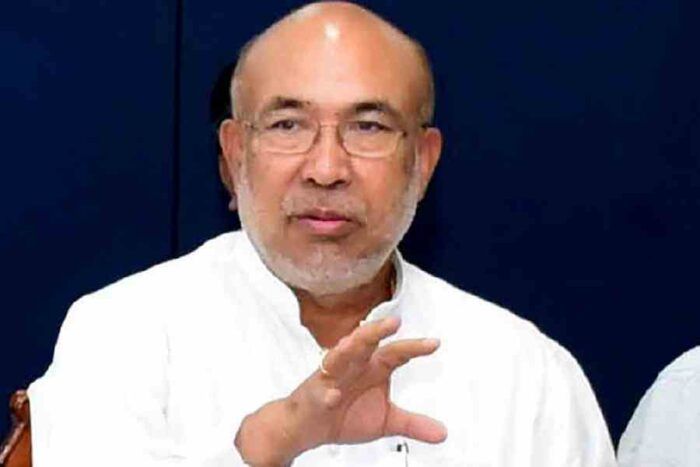
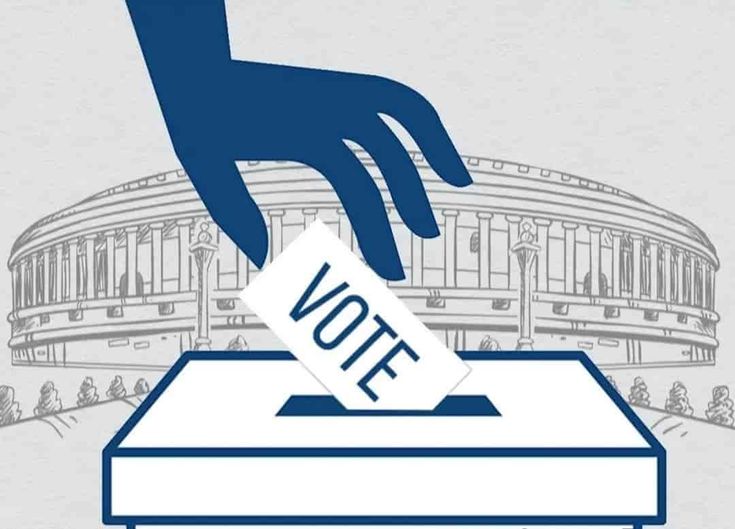
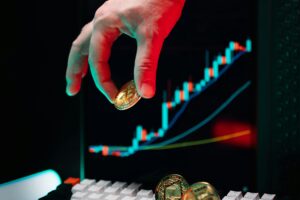
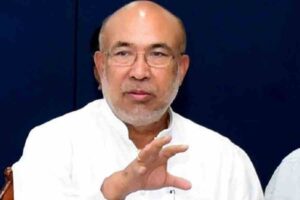
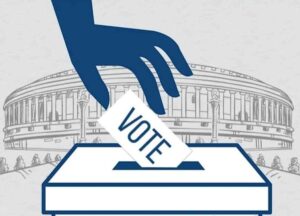
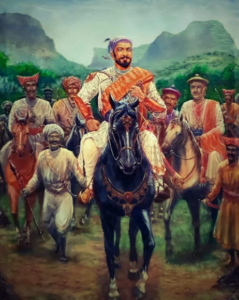



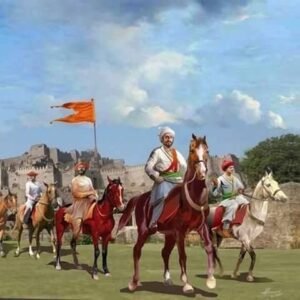

Post Comment